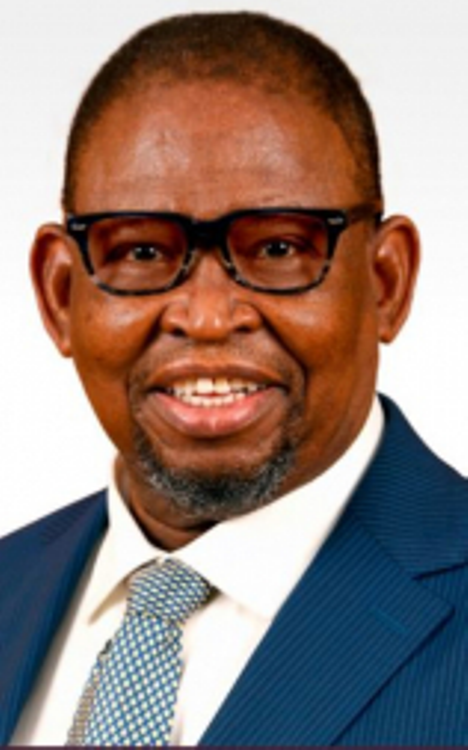SA needs to improve interface between research and policy
The Minister made this remark during the launch of the second phase of the Southern Africa-Towards Inclusive Economic Development (SA-TIED) programme on Thursday in Pretoria.

- Country:
- South Africa
In responding to challenges that have seized the economy, South Africa needs to improve the interface between research and policy, says Finance Minister Enoch Godongwana.
The Minister made this remark during the launch of the second phase of the Southern Africa-Towards Inclusive Economic Development (SA-TIED) programme on Thursday in Pretoria.
This first phase of the programme was rolled out between 2017 and March 2022.
Too often, said the Minister, research on the South African economy has focused on diagnosing the problems, but stops short of giving policymakers practical suggestions.
“It is this that SA-TIED is seized with. In its first phase, the programme was able to respond to the sudden and critical challenges created by COVID-19, as well as inform thinking on long-standing issues of inequality, poverty, and stagnating growth.
“With regard to COVID-19, research was rapidly produced to inform government interventions. SA-TIED was also able to provide technical research support to Operation Vulindlela, a key policy initiative jointly implemented by the National Treasury and The Presidency,” he said.
Contextualising the policy challenges faced by South Africa, which Phase 2 of SA-TIED sought to address, Godongwana said while much progress had been made to improve the performance of the economy since 1994, unemployment and inequality remain stubbornly high, and poverty is still pervasive.
“The economic stagnation of the past decade, coupled with the impact of COVID-19, mean that much of the progress achieved in the earlier period of democracy could be derailed.
“This is of great concern, as low economic growth entrenches poverty and inequality, while high income inequality aggravates social divisions and poses a risk to long-run economic growth,” he said.
In addition to the domestic issues, the country is also faced with global challenges, such climate change.
“As we navigate these internal and external uncertainties, which present both risks and opportunities, evidence-based decision making will be critical. Thus, in considering the various options available to address these challenges, policymakers must at all times be informed by high quality research.
He said that the best policy research requires a wide and diverse network of researchers. This includes international scholars, and collaborations with public servants at the coalface of implementation.
“This ensures that research can inform policy debates. In addition, the programme focuses on including both young scholars and the co-authoring of papers by policymakers. Novel data and analytical approaches will be further explored in phase 2,” he said.
He said the programme would build on the past success of innovative approaches and would expand the infrastructure for administrative data and build research capabilities around the use of new data to explore new topics.
Improved policy-making
SA-TIED Phase 2 would continue to work alongside decision-makers to build the evidence base for improved policy-making.
The key areas of phase 2 will include:
Enterprise development for job creation and growth
Public revenue mobilisation for inclusive development
Structural transformation, labour markets and inequality dynamics,
Macro-fiscal analysis and policy modelling,
Food, energy, and water in a context of climate change, and
Reform implementation.
These, he said, “speak to some of the burning policy questions that keep me up at night”.
He added that quality policy choices are informed by quality research.
In the project, the South African government is supported by the United Nations University World Institute for Development Economics Research (UNU-WIDER).
In the next phase of SA-TIED, the UNU-WIDER would provide series of internationally benchmarked operating procedures and best practices, expose it to the relevant international academic fora, ensuring that the research produced is rigorous and of the highest academic quality.
“We are appreciative of the collaboration with UNU-WIDER. It has established a reputation as one of the world’s leading development economics research institutes. It has an extensive international network of world-leading development economics researchers, with experience operating in the context of developing countries and emerging economies,” said the Minister.
(With Inputs from South African Government Press Release)
- READ MORE ON:
- Enoch Godongwana










